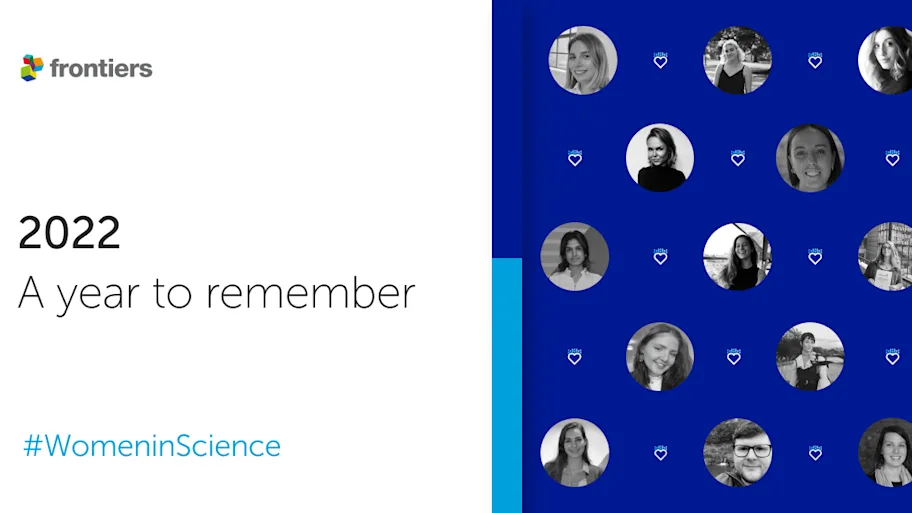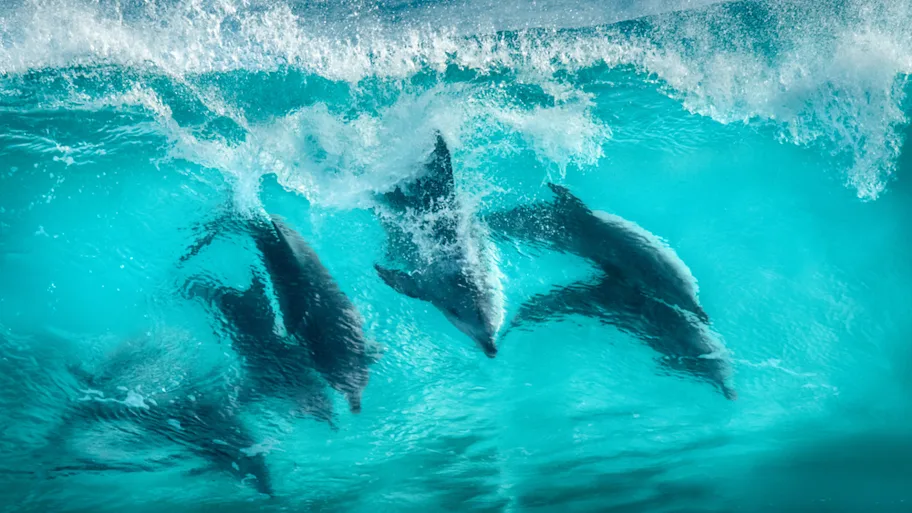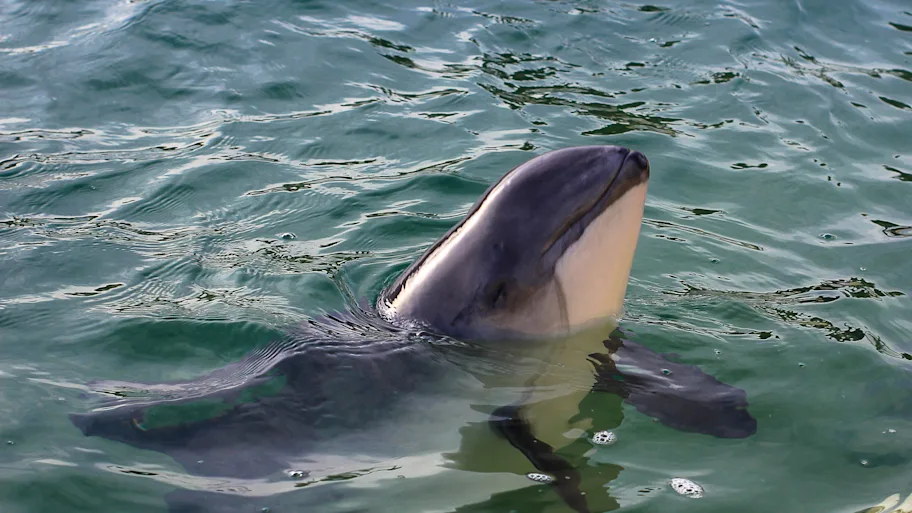
- Science news
- Frontiers news
- Frontiers’ volunteers: Protecting and supporting cetaceans using social media
Frontiers’ volunteers: Protecting and supporting cetaceans using social media
We speak to Thimedi Hetti, journal specialist for Frontiers in Marine Science, about her passion for the protection, conservation and welfare of cetaceans. Thimedi discusses her work for the charity Marine Connection, an organization set up in 1997 whose vision is a world where the life of every dolphin, whale and porpoise matters, and how she is using social media to help raise awareness of the charity and its work.
What is your role at Frontiers?
“I work as a journal specialist for the Publishing Development department in Frontiers in Marine Science. Based in London, I’ve been working at Frontiers for just over a year, having started as a research topics assistant. My role mainly consists of communicating with researchers who are interested in hosting a Research Topic (article collection) with our journal, providing them with information and guiding them through the entire process, from launch to completion. My role also includes more specific Section related work, which involves analyzing the status of each Specialty Section, as well as managing and expanding the Editorial Board, by assessing candidates’ applications or reaching out to potential Editors.”
What is your background and interests?
“I graduated from the University of Leicester with a Bachelor’s in Zoology in 2016. Before joining Frontiers in 2019, I volunteered at an animal rescue centre for a year, which I loved! I always knew I wanted to work in science, particularly something related to animals, which is why when I joined Frontiers, I started working on both the Ecology & Evolution and Marine Science journals. Aside from work, I love travelling to new places and countries (something I look forward to doing again once it is safe), although I’ve found some lovely places to visit within the UK. I also love painting, photography, playing piano, and reading.”
What does the organization you volunteered for do?
“Marine Connection is an international charity specializing in the protection, conservation and welfare of cetaceans (dolphins, whales and porpoises). It was founded in 1997 by Margaux Dodds and Liz Sandeman, after they campaigned against and successfully closed the last dolphinariums in the UK. The charity addresses many of the threats cetaceans face, including being captured/traded and kept in captivity, breeding programs, bycatch, drive hunts, and strandings. The organization urges governments to act and liaises with decision-makers to create or amend legislation to better protect cetaceans – both in the wild and in captivity.”
Why did you decide to take part in the volunteering program?
“Having volunteered numerous times in the past (teaching placements, conservation, wildlife animal rescue), I knew it was something I wanted to continue. As soon as Ethical Angel, Frontiers’ UK volunteering partner, visited our office and told us about the different volunteering opportunities, I was keen to find something, preferably in a field I was passionate about. I was pleased to see there were opportunities we could be involved in remotely, which (especially during the pandemic) has meant I could contribute from home.”
Can you describe what you did during your placement?
“My role with the organization is ongoing. Day to day, I manage and support Marine Connection’s Instagram account, now one of the primary modes of public engagement, alongside other social media channels. My first job was to get in touch with the founders, set up the account and explain how it works, as well as agreeing the extent to which content would to be posted and how it would be managed. Currently, we post one piece of content a day from Monday to Friday, relating to either the work Marine Connection is doing, the current issues cetaceans around the world face, as well as general information, citing, and facts.”
Why did you choose this opportunity in particular?
“Frontier’s volunteering program enables us to choose the UN Sustainable Development Goals we’d like to support. I chose “Life Below Water” which is of a particular interest given my experience, background, and the current journal I am working for, Frontiers in Marine Science. As soon as I saw the opportunity to manage an Instagram account for a marine conservation charity, I knew I wanted to get involved.
“I already had a passion for marine conservation, and knew how to use Instagram to help create public engagement and raise interest, so I thought I’d be well suited for it. I immediately confirmed my interest and the team at Ethical Angel put me in touch with the charity founders. From there, it was relatively quick and simple to get things started.”
Were you able to draw on your professional experience to contribute? If so, how?
“Even though the majority of my role is pegged around social media management, my professional experience has definitely helped. I’ve been able to promote the account with others that work within the Marine Science journal at Frontiers, and have engaged with many well-known marine related organisations and research groups of interest to Marine Connection”
What did you learn or take-away from the experience?
“I’ve learnt the basics of starting and managing a social media account from scratch, including and how to maintain its professional purpose and appearance from an organizational perspective. I’ve had to come up with different ways to engage people to increase the visibility and impact of charity’s platform, such as cross-promoting on their other social media sites (Facebook, Twitter), and creating Instagram stories.
“This opportunity has also cemented my passion for marine science and conservation, and allowed me to share an important cause with my network and the Frontiers’ network. I’m hopeful it will bring more visibility to the hugely import work Marine Connection is doing, whilst adding to my professional experience of working in marine science.”






